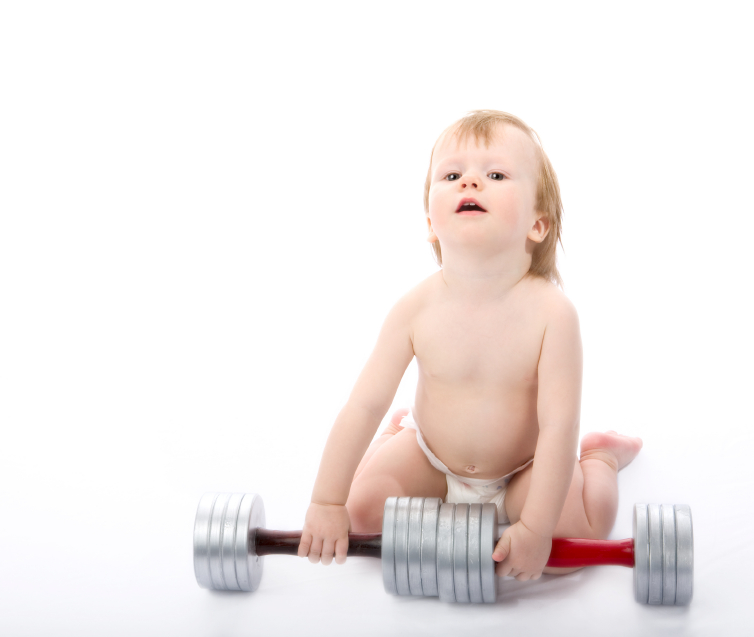“Why doesn’t it work for me?” is the question The Conversation host Amanda de Cadenet asks actress and second time mom-to-be Busy Philipps during their interview for her lauded series. She’s referring to the Hollywood/tabloid fever pitch obsession with post-baby body that leaves many real women with real bodies left wondering why the 3-month (or faster) weight drop is untenable.
When Amanda reveals, “I feel very upset that women are applauded for losing their baby weight right away,” affecting tabloid language, “Look at her a week later, she looks better than she did before.”
A pregnant Busy likewise finds “body after baby” spreads in magazines “disgusting” and portends that it “sends such a terrible message.” “I love the whole weird misconception, ‘I just lost it all breastfeeding,’” she mocks.
Both women nod in impromptu and disbelieving agreement. “No one is honest about how they get their bodies looking the way they do,” says Amanda, adding, “you can’t do it unless you have an unhealthy approach.”
Back in 2009, the New York Times chronicled the rise of the breastfeeding diet and women who “love the calorie burn.” Unlike what many women are led to believe, breastfeeding doesn’t always help with the weight loss. Breastfeeding (or rather, the process of making milk) burns an average of 500 calories a day, but for some women this simply makes them more hungry. Plus, many women breastfeed very differently than others.
“That breast-feeding gives mothers an edge shedding baby weight has long been suspected. But lately, a parade of celebrities has attributed their postpartum slimming to nursing, bringing this age-old topic back into the spotlight,” said the Times. Most recent celebrity moms, including Miranda Kerr and Gisele Bunchen, women who notably have tabloid “perfect” bodies, have reiterated this “breast is best” attitude.
But for women who can’t shed the weight at warp speed, no matter their attempts, the advice is at times grating and unfair. Gisele may have kick-boxed 38 weeks into pregnancy, but that doesn’t mean that it will work for everyone. Interestingly, the pop-culture idiom “baby-bump” wasn’t even in use yet when Heidi Murkoff and Sharon Mazel’s What to Expect When You’re Expecting pregnancy bible was first published in 1984. Now, it’s become obsession, and the unrealistic return to the catwalk of supermodels postpartum affects women on a grander scale. Heidi Klum and Beyonce were lauded for returning to their “fighting weight.”
The hoopla that surrounds dropping the baby weight has more women like Busy Philipps, and Drew Barrymore who told Oprah Winfrey she wanted “nothing to do with that hamster wheel from hell,” speaking out.
The public policing of other women’s bodies is perhaps, as Busy calls it, “the last frontier of feminism.” Society has engaged in cruel and obsessive circus, relentlessly focusing on women’s bodies after birth. Just look at the religiosity at which the tabloids have followed Hillary Duff’s weight loss, despite her acknowledgment that she would be losing the weight slowly and healthily.
There is no universal pregnancy, and therefore, there is no universal way to shed the extra weight. Will breastfeeding help you? Maybe. Most women can expect to lose 10-12 pounds in the first week, but still every body varies. Experts advise waiting until the third month to make an effort to lose weight, and to then take a gradual approach.
We should applaud this effort more. — Arianna Schioldager

















